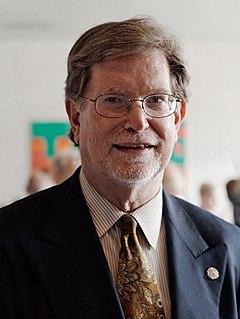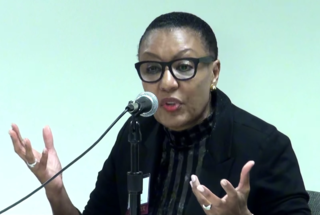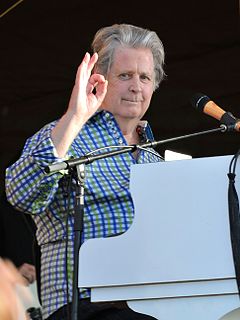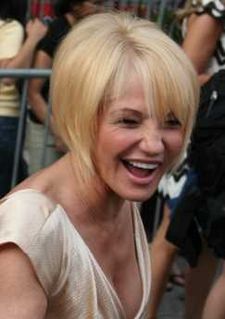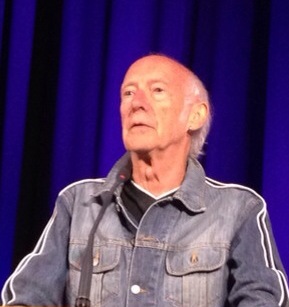A Quote by Anne Waldman
When I attended the Berkeley Poetry Conference in 1965, I was very inspired. The collaboration of many poets from these alternative traditions - though there were not enough women - who were very much more influenced by, say, Asian forms or by Mantra or by thinking politically through their work in deeper ways really stuck with me.
Related Quotes
The early 2000s for me were a very emotional time, politically. I'd been through Reagan and been through first Bush and Clinton, and it's not like I had an easy time through those years. But I just thought it was particularly rough. I have to say the World Trade Center attack was very weird for me. The events that followed were worse. It was a really long swath of time.
I'm very blessed, mainly because even though my family is mostly in show business, it's really centered around music. My parents were very successful in many ways, but they weren't necessarily top of the charts. We were never wealthy because of music. We always had to work and we always had to struggle a little bit, and I think at the end of the day that's been very good for me, because I have a sense of it being very ephemeral.
It just struck me as really odd that there were all of these conversations going on about what young women were up to. Were young women having too much sex? Were young women politically apathetic? Are young women socially engaged or not? And whenever these conversations were happening, they were mostly happening by older women and by older feminists. And maybe there would be a younger woman quoted every once in a while, but we weren't really a central part of that conversation. We weren't really being allowed to speak on our own behalf.
The maiden Olympics had more to protest about than mere war, though. Central to its ethos was a rejection of two establishments the political one, certainly, but also that of the wider poetry world itself. It changed poetry for ever in the UK, ... It led to readings all over the country. You suddenly got more women reading and publishing poems, as well as gay guys and poets from all over the world. Until that time, published poetry had been very university-based white, male, middle-class. We were trying to break poetry out of its academic confines.
I had very supportive parents that made the way for me, even at a time when there were very few women - no women, really; maybe two or three women - and very few, fewer than that, African-American women heading in this direction, so there were very few people to look up to. You just had to have faith.
Curiously enough, the only two plays that I've done very much revision on were the two adaptations - even though the shape of them was pretty much determined by the original work. With my own plays, the only changes, aside from taking a speech out here, putting one in there (if I thought I dwelled on a point a little too long or didn't make it explicit enough), are very minor; but even though they're very minor - having to do with the inability of actors or the unwillingness of the director to go along with me - I've always regretted them.
I mean, in many ways, you know, I felt very connected to Ian (Dury) on, on a lot of levels. I mean, politically, & sort of, socially, our, kind of, social backgrounds are quite similar in many ways, as well as our kind of artistic endeavors. So there were many, many things that sort of chimed in for me, and kind of made me feel very instinctive about playing him, and, and although, there was sort of a certain amount of impression involved, actually, there's a lot of myself in the role.



